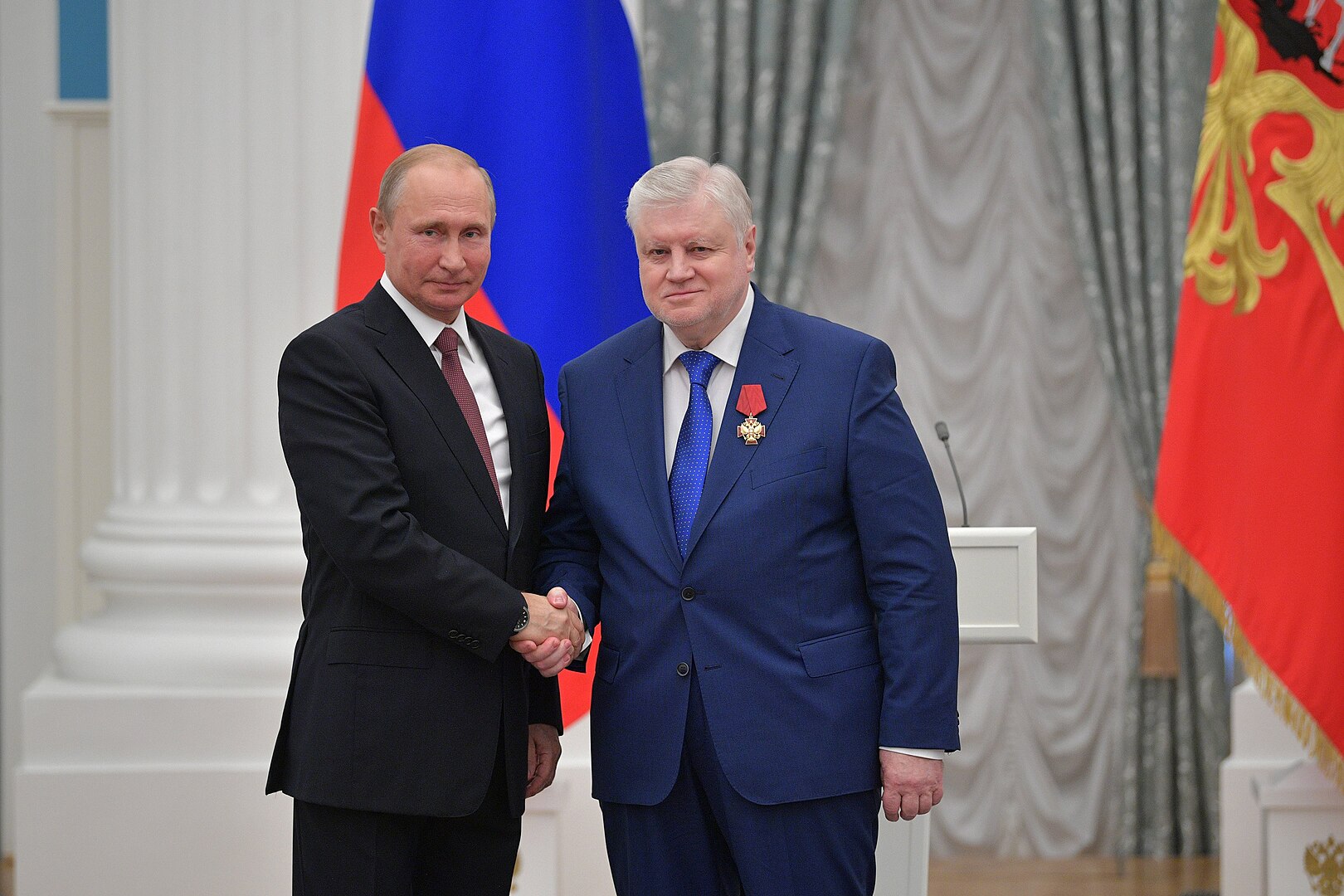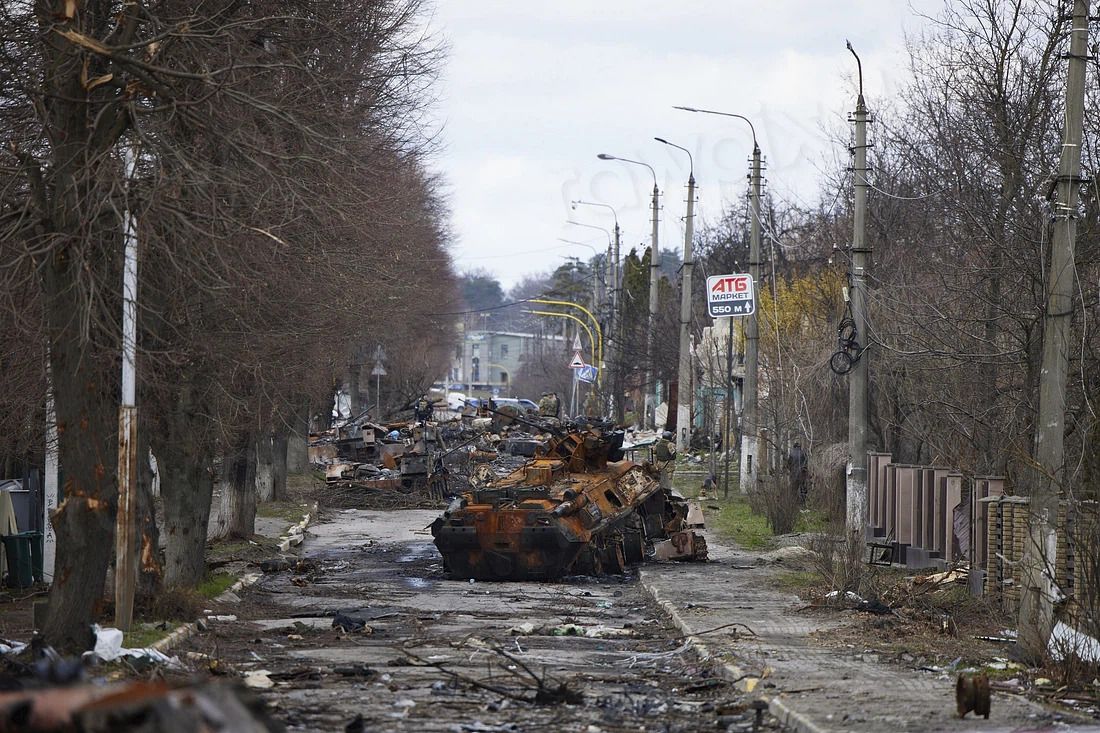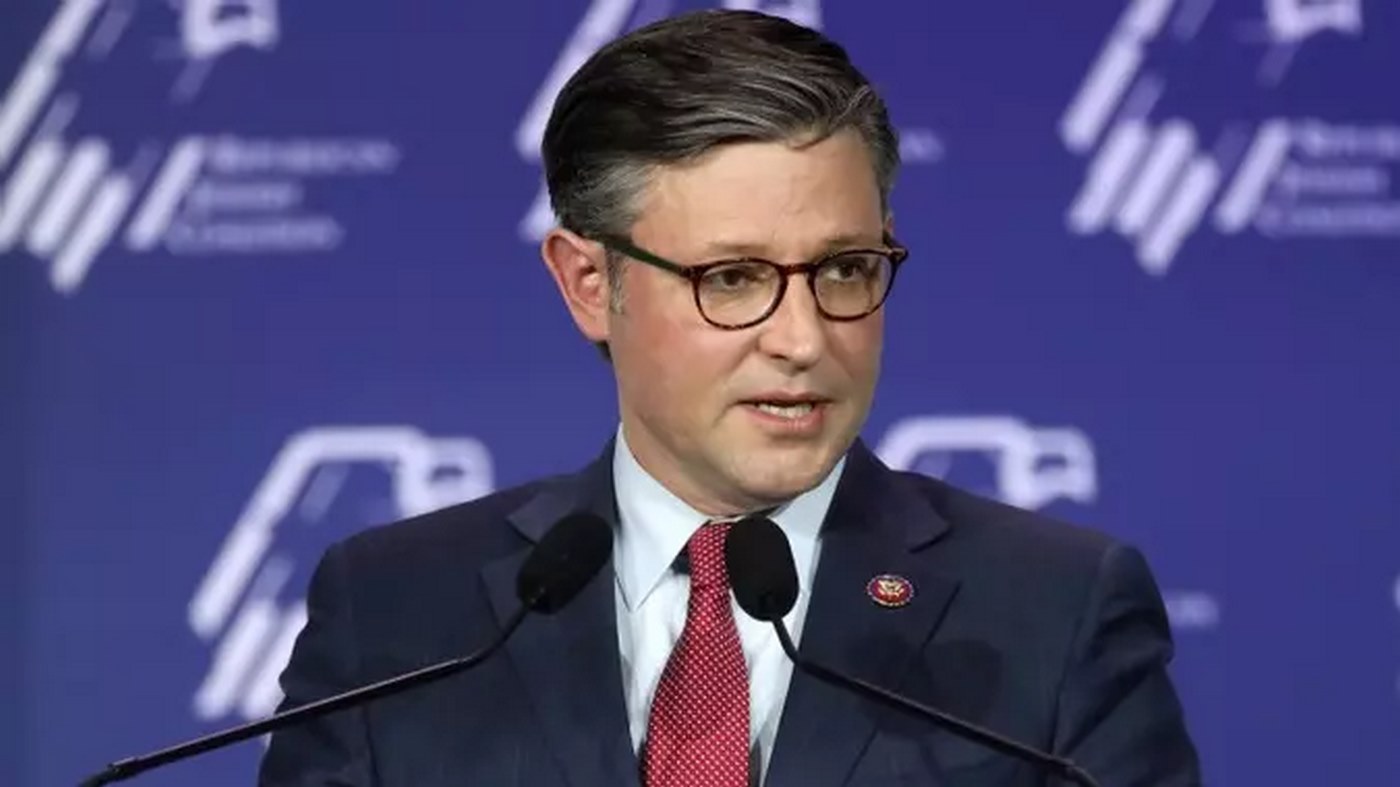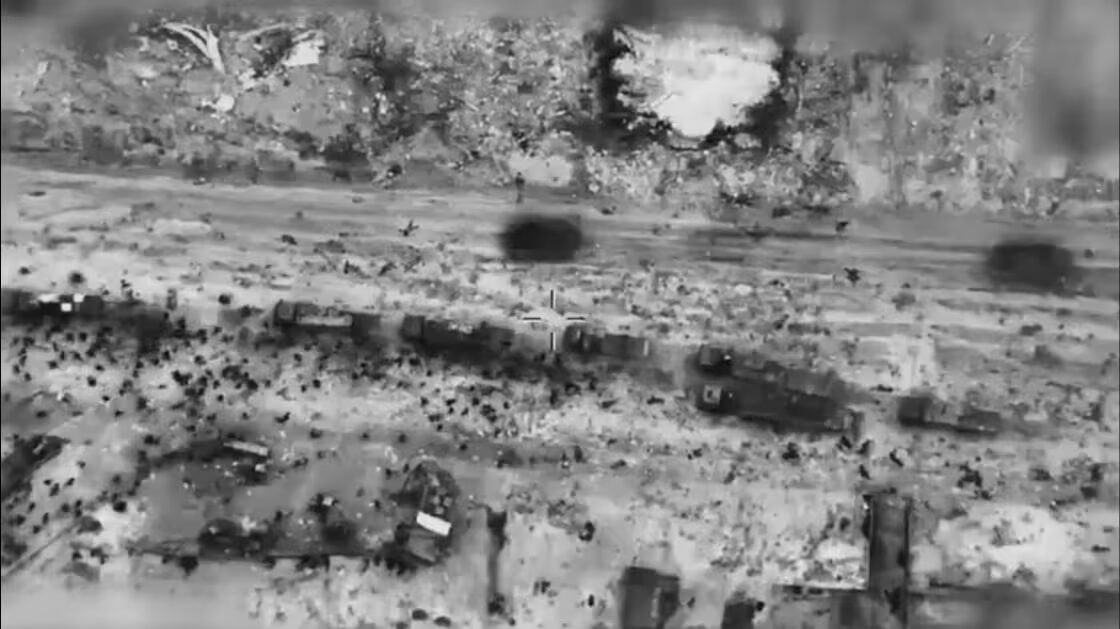In a statement from Sergey Mironov, the leader of the Just Russia – For Truth Party, representing the socialist left in the Russian state Duma or parliament, the veteran politician said that in response to strikes on the Zaporozhskaya Nuclear Power Plant, “it is necessary to eliminate with pinpoint strikes the terrorist leaders in Kiev”.
“The attacks on the Zaporozhskaya NPP should be regarded as an attempt to use weapons of mass destruction against Russia,” Mironov said, arguing this gives the Federation every right to return fire with nuclear weapons. “If the Kiev regime and its masters continue nuclear escalation, then this can be regarded as the use or readiness to use weapons of mass destruction against Russia”.
He concluded his statement by noting it’s not necessary to use nuclear bombs, but rather simply to assassinate those responsible for escalating to the brink of their use.
The statement captures the pressure that Vladimir Putin is under from multiple sides of his government to “take the gloves off,” to use Western parlance, and move to total war.
Especially when considering the rhetoric surrounding it, the war in Ukraine even at this late stage has been remarkably limited in its scope. Historically speaking, this is indisputable.
Certain massacres, such as the case in the village of Bucha, the use of cluster munitions by both sides, and a steady stream of errant bombs and missile strikes all over urban Ukraine, certainly have occurred, and often constitute war crimes according to the Geneva Conventions.
Yet compared to nearly all other armed conflicts across the 21st century, in terms of various markers such as the destruction on a societal level, the number of civilian casualties, and the frequency with which civilian infrastructure like water treatment facilities and hospitals are struck, the conflict has gone on as close to the letter of international law as has happened practically since the creation of the concept.
Russian forces have refrained from strategic bombing of the large Ukrainian cities of Kyiv, L’viv, Kharkiv, and Kherson, such as what was carried out against the Germans, British, and Japanese in the Second World War. Missile strikes targeting communications or power infrastructure are common, but indiscriminate bombing, such as what was seen in Iraq when the US launched over 100,000 piloted airstrikes on Baghdad, has not occurred.
For example, rail transport has been vital not only to allow refugees to flee embattled cities in eastern Ukraine, but to transport Western military equipment into the country, yet there have been less than ten instances of major attacks on railway infrastructure since the conflict began, and less than ten targeting trains carrying civilians; one was located in Russia.
Furthermore, certain areas of the Ukrainian economy, even excluding military-related sectors, are growing, such as the publishing industry. Ukraine’s largest bookstore chains have opened up dozens of new locations, with plans to open over dozens more by the end of 2024.
In the Historic Center of Lviv, a UNESCO World Heritage Site that is considered in danger because of the conflict, bombing has caused the deaths of around 21 civilians in the entire county in which the city is located. Contrast that to US/Saudi bombing of the Historic Center of Sanaa, Yemen, another UNESCO World Heritage Site considered in danger, where 1,685 civilians were killed in the city itself, and dozens of buildings that make up the UNESCO designation were hit in the first five years of war.
Assassination or the organized hunting and killing of enemy political leaders during conflicts in the 21st century has occurred in Iraq, Afghanistan, Libya, and most recently over Gaza, but not Ukraine. The fact that the political opposition to Putin is calling for it suggests, at least partially, that as evil as Putin is portrayed in American media, his grip on Russia may be, at least in part, to suffocate much more reckless and dangerous forces. WaL
We Humbly Ask For Your Support—Follow the link here to see all the ways, monetary and non-monetary.
PICTURED ABOVE: President Vladimir Putin shakes hands with opposition leader Sergey Mironov in 2018. PC Kremlin.ru CC 4.0.



